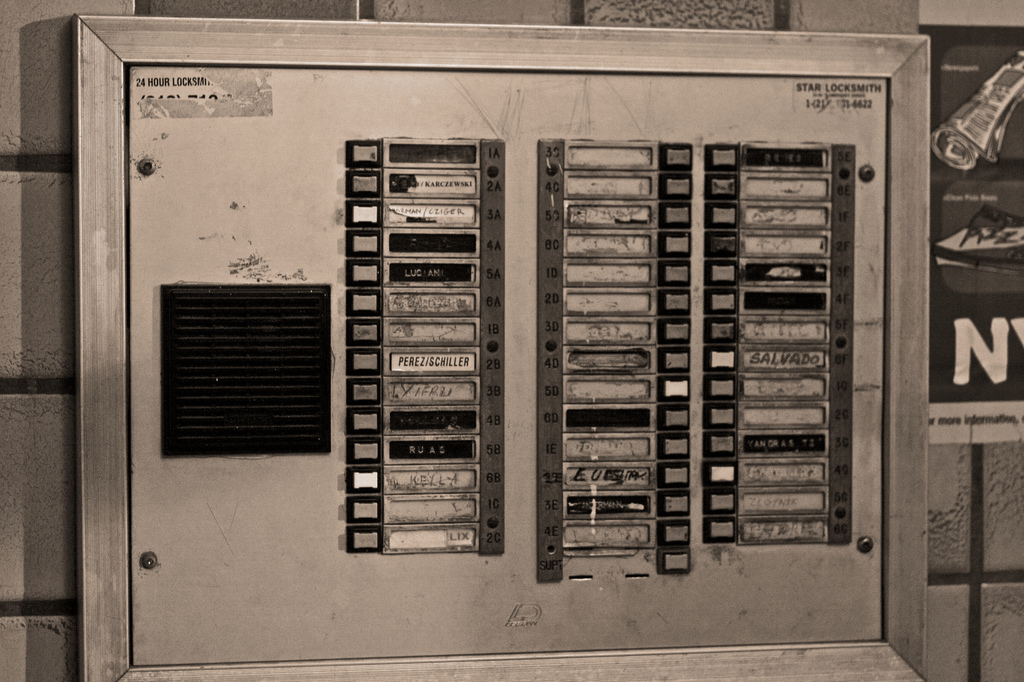In 2018, my husband and I embarked on buying our first home. We purchased an older home (built in the 1920’s as far as we know) and it was in pretty decent shape. We knew there were some cosmetic things that could be updated (we dreamed of adding a new kitchen and finishing the attic) and that we’d tackle them over time.
What we didn’t realize was the tremendous iceberg beneath the surface: the water line to the house was lead and needed to be replaced for health reasons because at the time, we were planning to start a family; the gutters needed to be fixed because the holes led to puddles that froze over and became ice skating rinks in unfortunate places (like our front door); the home had zero insulation and would need some blown in because otherwise we’d be paying for more natural gas than we really need. I could go on and on. You get the idea.
And you might be wondering, so what does this have to do with digital products?
It is very similar to the concept of “technical debt.”
Continue reading “What Homeownership Taught me about Technical Debt”


